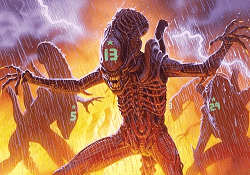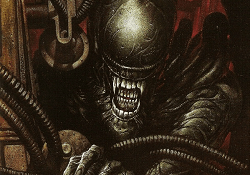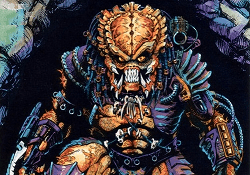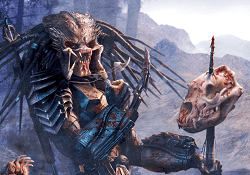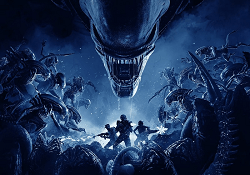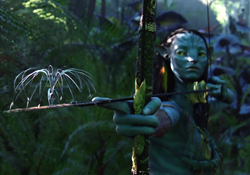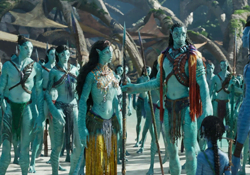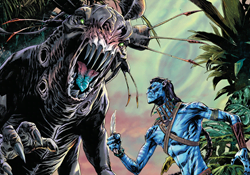The Morality Of Predators: Are Yautja Good Or Evil?
The extraterrestrial Yautja from the iconic Predator film franchise have garnered both admiration and scrutiny. The complex moral alignment of the Predators been a subject of debate among fans: Are the Yautja good or evil? In this article, we will explore the enigmatic nature of these intergalactic hunters, delving into their culture, motivations, and actions, in an attempt to decipher their ethical standing and find out if there are any good guy Predators.
The Honor-Bound Code
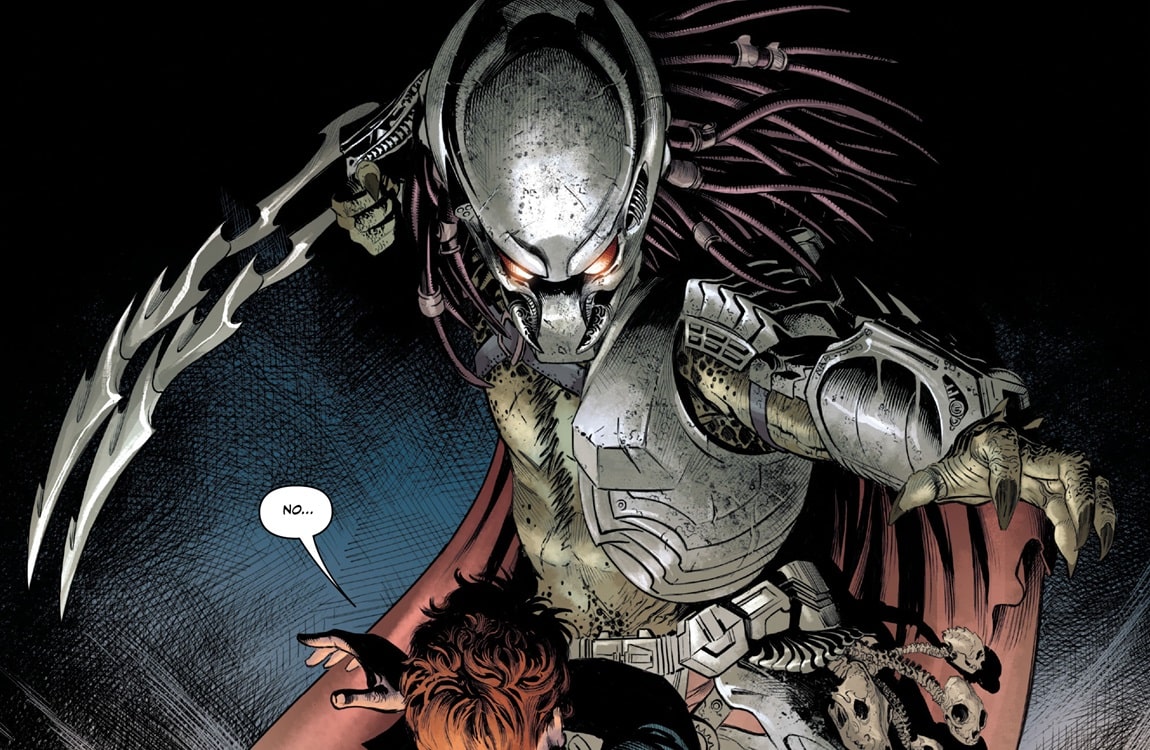
One of the most defining features of the Yautja is their code of honor. They do not hunt indiscriminately but instead select prey that poses a challenge, emphasizing the thrill of the hunt. This strict code dictates that they only engage in combat with individuals who are armed and capable of defending themselves. This code of conduct distinguishes them from common villains and evildoers, as it highlights their adherence to a set of rules and values. It implies a certain level of moral integrity, as they are willing to put their lives on the line to uphold their principles. The Predators who don't follow this code are called the Bad Blood Predators, and they can be considered to be evil by both human and Predator standards.

Protecting the Innocent
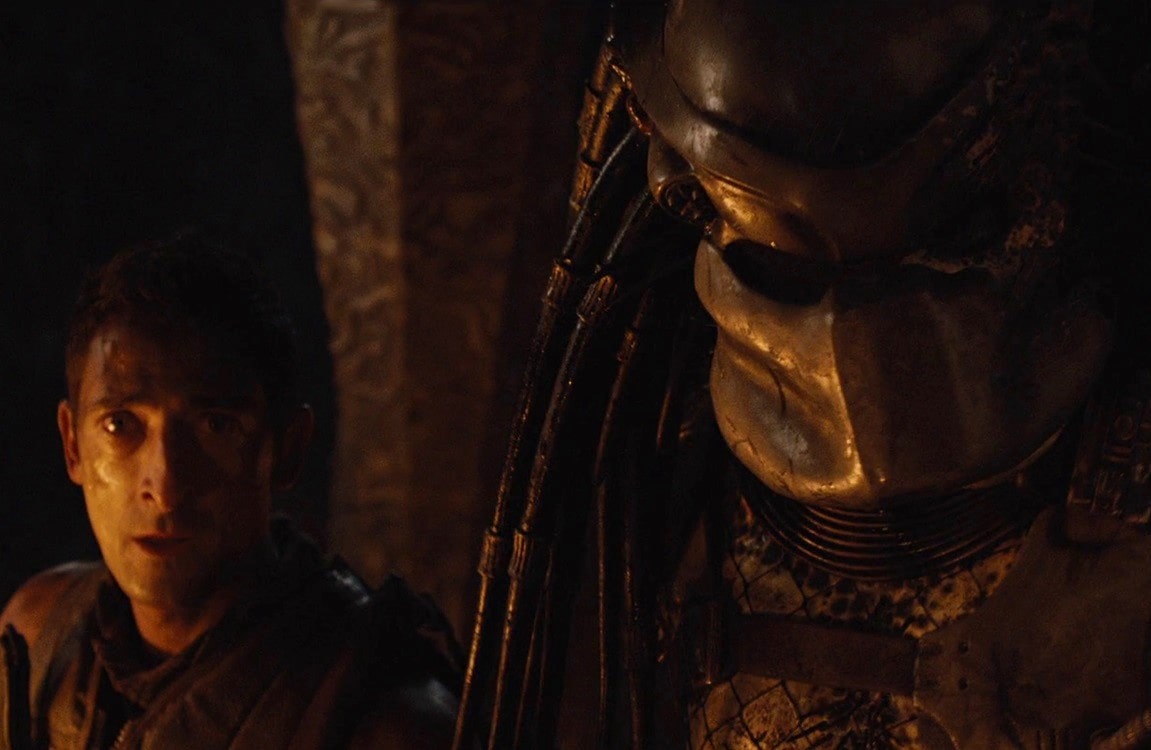
While the Yautja are renowned for their hunting prowess, there are instances in the Predator lore where they have shown a more altruistic side. In the 2010 film "Predators," a group of humans find themselves on a Yautja game reserve planet, hunted for sport. During the course of the film, the Yautja character known as the "Crucified Predator" assists the humans in battling a more vicious and deadly breed of Super Predators, indicating a willingness to cooperate with humans to protect them from greater threats. This unexpected alliance suggests that the Yautja are not inherently malevolent and are willing to intervene when the situation demands it. Their complex sense of morality does not fit neatly into the "good or bad" binary often applied to fictional characters.
Openness For Diplomacy

In some corners of the expanded Predator lore, there are even instances where Yautja have displayed a surprising openness to diplomacy. Although these occurrences are rare, they hint at a more nuanced moral perspective. The Yautja's willingness to negotiate, albeit under specific circumstances, challenges the conventional perception of them as purely aggressive hunters. These instances suggest that their moral standing is more fluid and adaptable than initially believed, making the question of whether they are "good or bad" even more intriguing and complex. The Yautja's potential for diplomacy adds yet another layer to the multifaceted nature of these enigmatic extraterrestrial beings.

Ruthless Methods

On the other hand, the Yautja's methods are undeniably ruthless. Their pursuit of the hunt sometimes leads to collateral damage and the deaths of innocent individuals who cross their path. Their technology, particularly the deadly weapons and advanced camouflage, often results in lethal confrontations. This raises moral questions about the Yautja's willingness to endanger the lives of others, even when they do not meet the criteria of worthy prey. Furthermore, the Yautja's tendency to collect trophies from their kills, such as skulls and spinal cords, can be seen as a gruesome practice that implies a lack of empathy for the beings they hunt. This obsession with trophies is one of the more sinister aspects of their character, highlighting a dark and unsettling side.
Different Clans And Subspecies
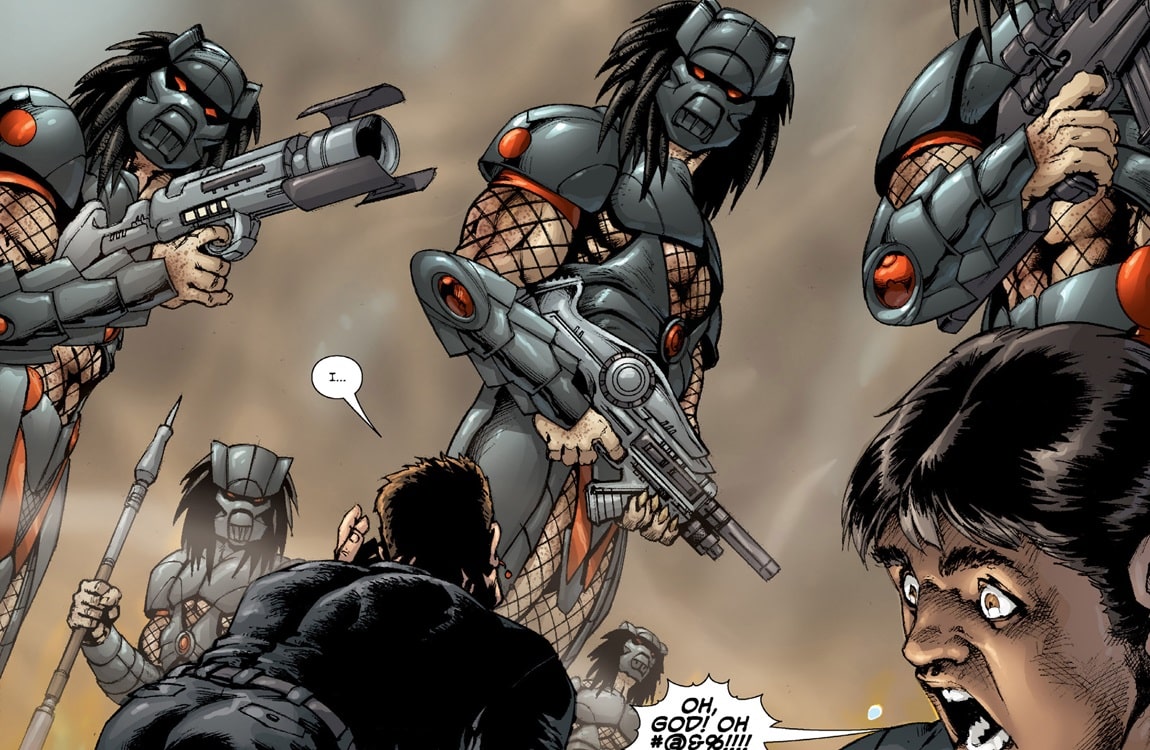
It's important to note that not all Yautja clans and subspecies are equal in their behavior and moral alignment. Within the Predator lore, there are variations in their conduct, with some clans and subspecies being portrayed as more ruthless and indiscriminate in their hunting practices, while others adhere more closely to the Yautja code of honor. One of the most ruthless clans was the Killer Predator clan, who were considered to be Bad Bloods by the traditional Jungle Hunter clan. These differences highlight that the Yautja are not a monolithic group, and their moral compass varies among different factions. This diversity in behavior further complicates the question of whether the Yautja as a whole are "good or evil," underscoring the intricacies of their complex moral universe.
Conclusion
The moral alignment of the Yautja remains an enigma, characterized by a complex mix of honor, ruthlessness, and occasional acts of altruism. Their sense of honor and respect for worthy adversaries suggests that they are not simply "bad" beings driven by malevolence. Instead, they follow a unique code of conduct that sets them apart from traditional villains. However, their ruthless methods, the collateral damage they cause, and their gruesome trophy collection demonstrate a darker side to their character. The Yautja's motivations and actions resist easy categorization into the conventional "good or evil" labels. The answer may never be as clear-cut as we would like, which only adds to their enduring appeal in the world of science fiction.
Tag Categories: Yautja society, Yautja Behaviour

